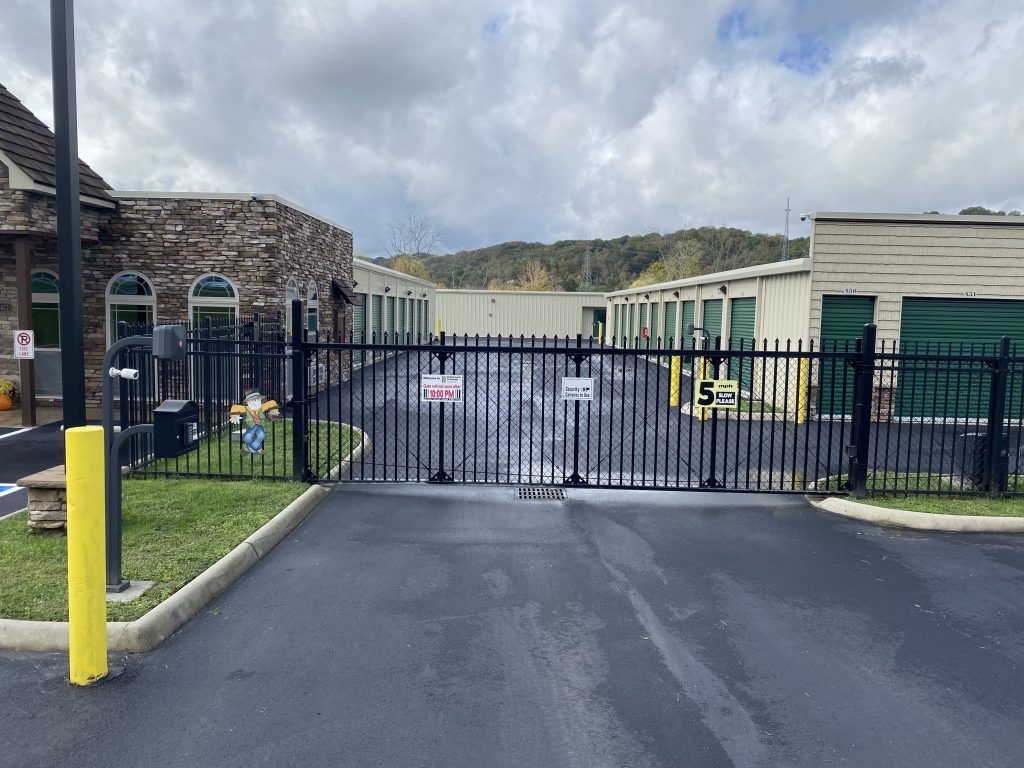You’ve probably seen those storage unit prices and wondered if climate control is just another way to squeeze extra money out of you.
The answer depends on what you’re storing.
Take this into consideration: Tennessee’s humidity hits 70% (and much higher on peak days) in summer and makes everything damp. Winter freezes your belongings solid, then thaws them out again.
Standard storage units can’t protect against those extremes.
But not everything needs climate protection. This guide shows you exactly which items require it and which don’t, plus smart ways to protect borderline items without paying for upgrades you don’t need.
That way, you can protect the items you care about most that need climate control without feeling like you’re wasting money.
What Is Climate-Controlled Storage?
Most climate-controlled storage keeps units between 55 and 80 degrees year-round while maintaining humidity below 55%, but Store Safe Storage maintains a tighter range of 64 to 74 degrees for even better protection.
These units use HVAC systems to create conditions similar to your home’s interior, preventing the 120-degree heat of Tennessee summers and freezing cold in winter.
Here’s something most facilities won’t tell you. Many advertise “climate control” when they only offer temperature control. True climate control manages both temperature AND humidity, which matters in Knoxville where summer humidity makes it feel like you’re constantly in a steamy bathroom everywhere you go.
Who Needs Climate-Controlled Storage?
Long-Term Storers – Anyone storing items for more than three months needs protection from Tennessee’s dramatic seasonal changes.
Business Owners – Companies storing inventory, documents, or equipment can’t afford to have humidity ruin products or destroy business records.
Collectors and Hobbyists – Vinyl records, comic books, and trading cards need stable environments to maintain their value.
People in Transition – Military deployments, home renovations, and cross-country moves create uncertain timelines that make climate control essential.
What Items Don’t Need Climate Control?
Outdoor Equipment – Metal tools, lawn mowers, grills, and plastic patio furniture are built to survive Tennessee weather already.
Vehicles and Sports Gear – Cars that are winterized, bikes, camping equipment, and exercise machines handle temperature changes without problems.
Kitchen and Household Basics – Dishes, pots and pans, plastic storage containers, and most holiday decorations won’t suffer from heat or cold.
What Items Need Climate Control?
Electronics and Appliances – TVs, computers, gaming systems, and kitchen appliances all suffer from humidity that corrodes circuits and heat that melts components.
Wooden and Leather Items – Furniture, musical instruments, and leather couches warp, crack, and grow mold in Tennessee’s 70% summer humidity.
Paper and Fabric Materials – Important documents, photos, books, clothing, and artwork develop permanent stains, yellowing, and mildew in fluctuating conditions.
Sensitive Collections – Wine spoils, vinyl records warp, film degrades, and cosmetics melt when temperatures swing from freezing to over 120 degrees. If you wouldn’t store it in your attic or garage at home, it needs climate control in storage.
Costs and Considerations
How Much Does It Cost?
Climate-controlled units typically cost 20% to 50% more than standard storage. At Store Safe Storage, units start at $79 per month.
Is It Worth the Extra Cost?
Here’s a simple way to decide: Add up what it would cost to replace everything you’re storing, then compare that to a few months of climate control fees.
One ruined leather couch costs $2,000, a warped guitar runs $1,500, and even basic electronics exceed $1,000 to replace. Meanwhile, climate control only adds about $30 monthly to your storage bill.
Beyond replacement costs, consider how long you’re storing and when.
Storing through mild October and November is completely different than facing July’s heat and humidity or January’s freeze and thawing cycles.
The longer you store and the worse the season, the more climate control becomes essential protection rather than an optional upgrade.
The Bottom Line on Climate Control
Climate-controlled storage protects your belongings from Tennessee’s humidity and wild temperature swings that can damage and destroy vulnerable items.
The key is knowing which things actually need protection and doing the simple math of replacement costs versus monthly fees. Not everything needs climate control, and now you know exactly which items do.
Ready to protect your belongings the right way? Call us at 865-687-3600 or visit our Primus Road or Maynardville Pike locations to see which storage option works for your needs and get 50% off your first month.

